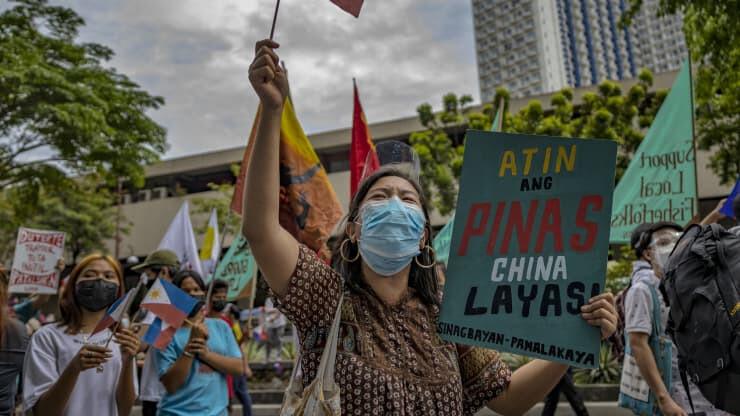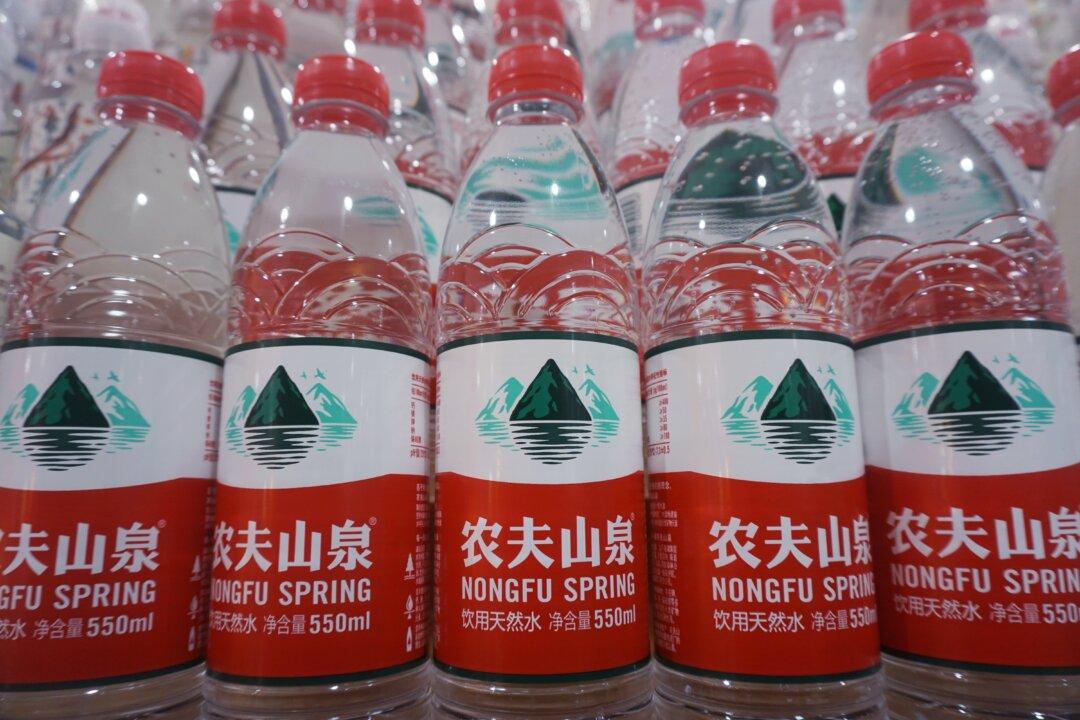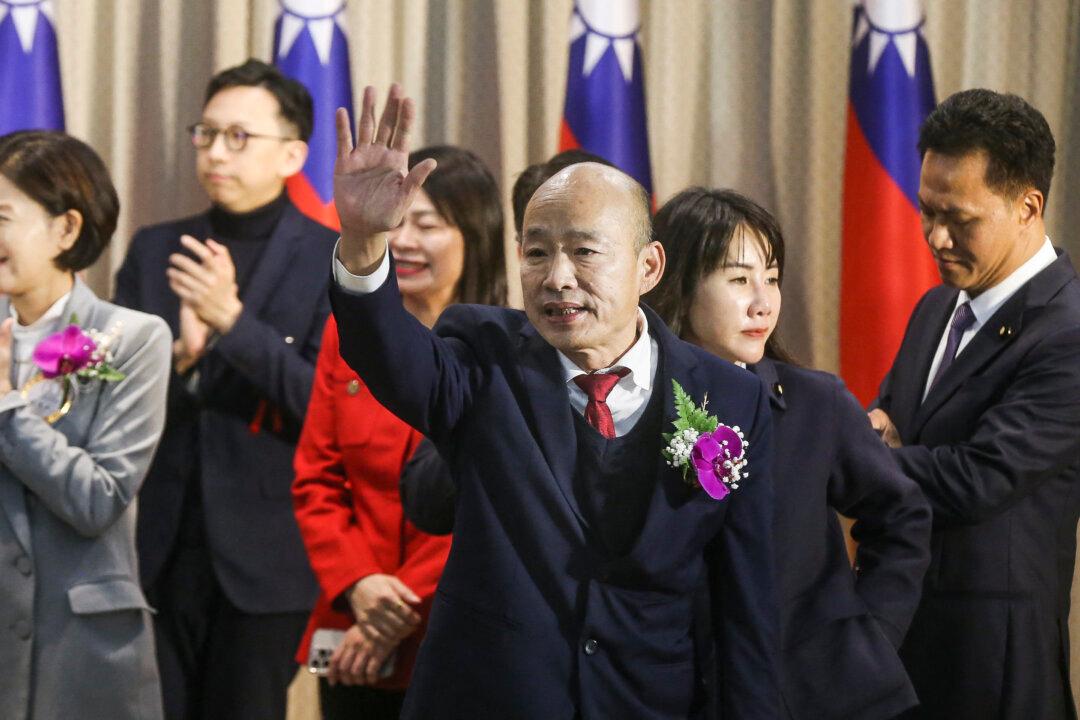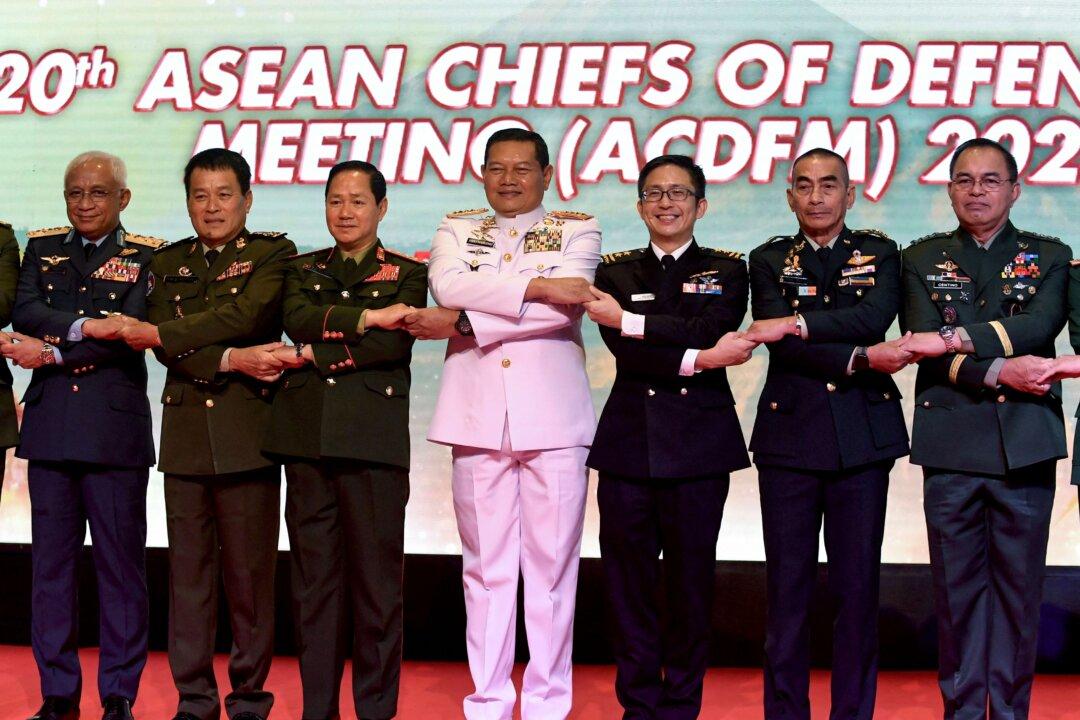China’s Coast Guard recently adopted new enforcement directives from the Chinese Communist Party (CCP). The new policies instruct the China Coast Guard to arrest foreigners and have drawn international scrutiny due to territorial disputes in the Spratly Islands in the South China Sea. The CCP’s move was seen as an escalation of those disputes.
On May 15, the China Coast Guard adopted new rules regarding handling “criminal cases,” which will come into effect on June 15, 2023. The rules (pdf) further specify that foreigners may be held liable for crimes against Chinese citizens or the Chinese state, even when committed outside of China’s territorial waters.




